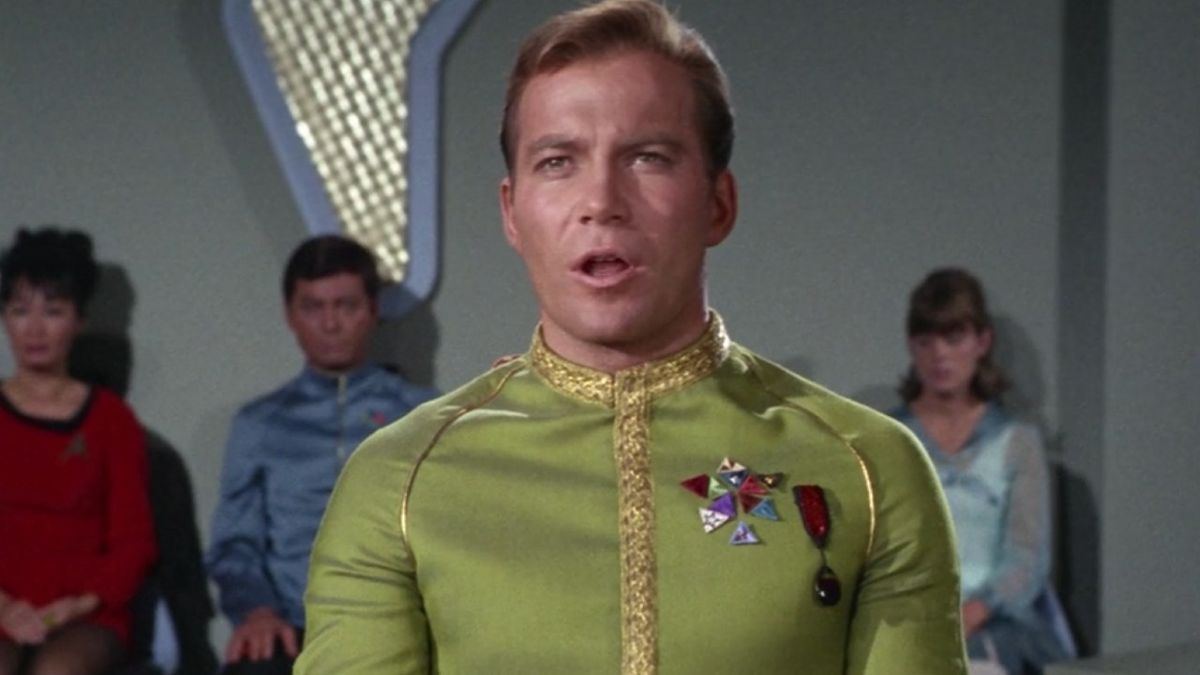We can blame science for the current turbulent situation. While fantasy seems to be driving a lot of personal beliefs, the fact remains that we live in a science powered world. We are slowly occupying space though not at the pace we'd like to see. It's turning into more of a flying public works zone than an exotic place to live. There are plenty of new inventions, but a lot of them get hidden by the sheer size of everything human. On the one hand, transportation is still mainly 4 wheels and we are still using phones to communicate but they do so much more than their original purposes. The entire publishing world has been turned upside down. Look at newspapers, that used to be the only way way to get words in front of the public on a daily basis. Now anyone can get their words published for all to see anytime they want. The internet is slowly drawing everyone into a highly connected world and will continue to climb inside our bodies, even if it's only a voice or sounds coming out of a pair of earbuds, your best bud in the new electronic world. We are awash in oceans of data, probably even drowning in it.
Which brings up the statistics. Between traditional and digital, both of which includes print, visual, and audio, there are hundreds of sources. Where is the source of this writer's source of information. Without seeing that it really just a person's interpretation of what they can see and how much time they spend on the research they do. I can find articles that say the number of book titles published has reached a point where twice as many self published books as traditional books are published and that the average book gets purchased a couple of hundred times and that's it. Some are never bought, others only sell a handful of copies. And of course some sell in the millions. The point is how many of all those books are science fiction and the answer is we don't know. Not yet anyway.
This article shows basic breakdown of book sales and is loaded with plenty of exceptions and asterisks. Did the original article include every type of sale, did it include podcasts, I doubt it. Then we have national stats versus global stats. What the rest of the world is reading, watching, or listening to is usually ignored because it takes a very long time to gather all those facts together.
We have reached a turning point, though which way it is pointing no one knows. For now, anyone can write anything they want and more than likely get it publicly printed. Some people are in restricted situations and can't freely publish, though works can be smuggled out and fake names can be attributed to the source. Basically there are now more fiction works published than non fiction works, that is if the stats can be trusted. Fiction can play a very important part in our lives, even if it is only letting us walk in the shoes of others, and that can be hundreds of shoes if so desired. All this without (usually anyway) with loss of limb or life. Until we can clearly see the global picture we are merely putting forth observations with accuracy taking a back seat. Do I think science fiction is dead:? No, not as long as we have a huge library of works to choose from, past and present.
PS Science Fiction is alive and well inside of all of us.

 www.typebarmagazine.com
www.typebarmagazine.com

 www.typebarmagazine.com
www.typebarmagazine.com




